US Tariffs on India: A Costly Blow for American Healthcare
US Tariffs on India: A Costly Blow for American Healthcare
Subheadline: As Donald Trump prepares to impose retaliatory tariffs on India next month, millions of Americans could face rising medical costs.
Last week, Indian Commerce Minister Piyush Goyal made an unexpected visit to the US to negotiate a trade deal, aiming to prevent looming tariffs on India's vital export industries—especially pharmaceutical drugs.
Trump's decision to impose tariffs on India by April 2 is in response to India's own tariffs on American goods. Goyal is working to protect India's pharmaceutical sector from the impact, as nearly half of all generic medicines used in the US originate from India. These generics—affordable alternatives to brand-name drugs—account for 90% of US prescriptions and save the country billions in healthcare costs. In 2022 alone, Indian generics saved the US $219 billion, according to consulting firm IQVIA.
Experts warn that without a trade deal, Trump’s tariffs could make Indian generics less viable, potentially causing supply shortages and higher drug prices. Yale University drug pricing expert Dr. Melissa Barber cautions that the tariffs could worsen supply-demand imbalances, disproportionately affecting uninsured and low-income patients.
The impact would be felt across various health conditions. More than 60% of prescriptions for hypertension and mental health conditions in the US are filled with Indian-made drugs. For example, sertraline, the most prescribed antidepressant in the country, relies heavily on Indian manufacturing. Indian generics often cost half as much as alternatives from other countries, making them essential for affordable healthcare.
Consumer advocacy groups are already raising concerns. "We are worried about this," says Peter Maybarduk, an attorney at Public Citizen, which advocates for affordable medicine. He notes that one in four Americans already struggle to afford their prescriptions.
Growing Pressure on Trump’s Trade Policies
Trump is already facing backlash from US hospitals and drug manufacturers over his tariffs on Chinese imports. The raw materials for 87% of drugs sold in the US come from abroad, with China providing around 40% of the global supply. Since Trump took office, tariffs on Chinese imports have risen by 20%, increasing the cost of drug production. To counter this, Trump is pressuring pharmaceutical companies to move manufacturing to the US.
Major drug companies like Pfizer and Eli Lilly have committed to relocating some production, but for generic drug manufacturers, the economics don’t support the move. Dilip Shanghvi, chairman of Sun Pharma, India’s largest drugmaker, points out that generic drugs in the US are sold for as little as $1 to $5 per bottle. Tariffs make domestic production financially unfeasible. Sudarshan Jain of the Indian Pharmaceutical Alliance (IPA) adds, "Manufacturing in India is at least three to four times cheaper than in the US."
Setting up new drug manufacturing facilities in the US is a costly and slow process, requiring up to $2 billion in investment and five to ten years to become operational, according to industry estimates. This makes an immediate shift unviable, leaving Indian pharmaceutical companies vulnerable to sudden tariff increases.
The High Stakes for Indian Pharma
India’s pharmaceutical industry is the country’s largest industrial export sector, generating approximately $12.7 billion in drug exports to the US annually, with minimal tariffs. Meanwhile, US pharmaceutical exports to India face duties of 10.91%, creating a trade gap of 10.9%.
Should the US introduce reciprocal tariffs, both generic and specialty drug prices could rise. Indian generic drug manufacturers, which operate on thin margins, cannot afford steep tariff hikes without passing costs onto consumers. A finance executive from a leading Indian drug company, speaking anonymously, stated, "We can absorb small tariff increases through cost-cutting, but significant hikes will have to be passed on to consumers."
North America is the most crucial market for Indian pharmaceutical firms, contributing roughly one-third of their revenues and profits. "Even if we expand into other markets, it won’t compensate for potential losses in the US," the executive added.
Cipla CEO Umang Vohra recently remarked that businesses should not let short-term tariffs dictate long-term strategies, as policies may shift within four years. However, for Indian drug manufacturers, four years is a long time and could severely impact their competitiveness.
A Possible Resolution?
To avoid trade friction, some experts suggest India should drop its tariffs on US pharmaceutical imports. Market analyst Ajay Bagga argues that since US drug exports to India are valued at only about $500 million, removing tariffs would have a negligible impact on India’s economy but could help prevent US retaliation.
The IPA has proposed eliminating duties on US pharmaceutical imports to prevent reciprocal measures that could harm India's drug industry. In a sign of potential compromise, the Indian government recently exempted 36 life-saving drugs from basic customs duties. Trump has hinted that India is beginning to yield to his demands, stating that Delhi has agreed to significantly reduce tariffs.
While the Indian government has yet to respond, pharmaceutical companies in both nations are anxiously awaiting the outcome of trade negotiations. Mark Linscott, a senior advisor at the US-India Strategic Partnership Forum, believes progress is likely. "There may be some short-term pain due to tariffs, but I expect a significant breakthrough by the fall," he says, emphasizing that neither country can afford disruptions in the pharmaceutical supply chain.

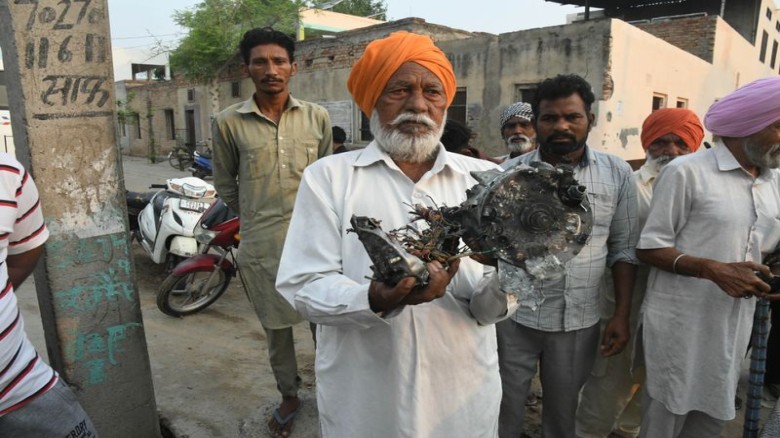
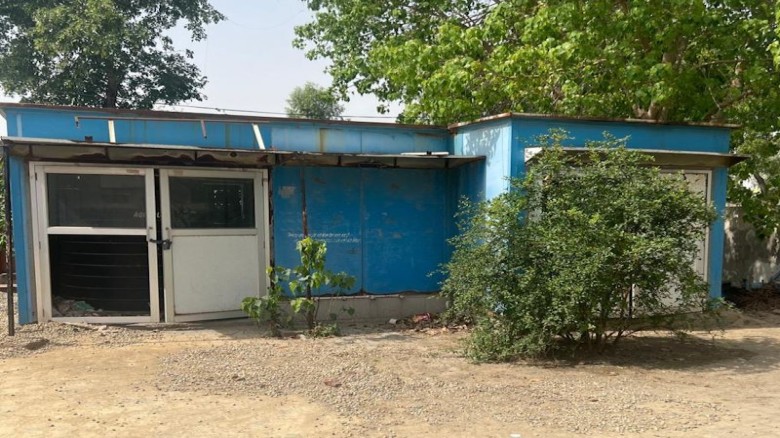

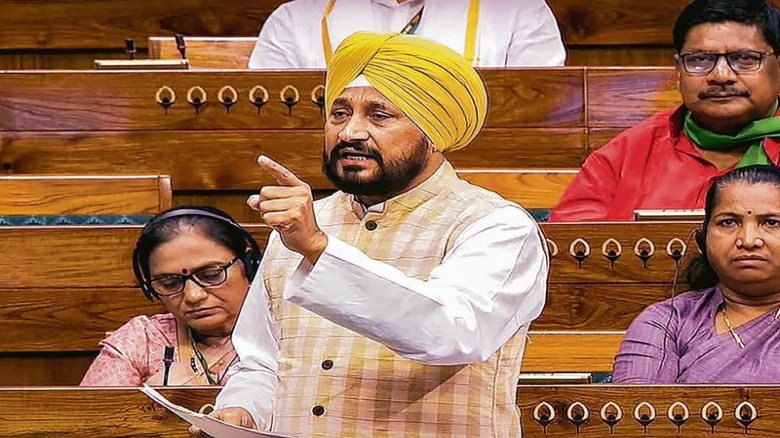




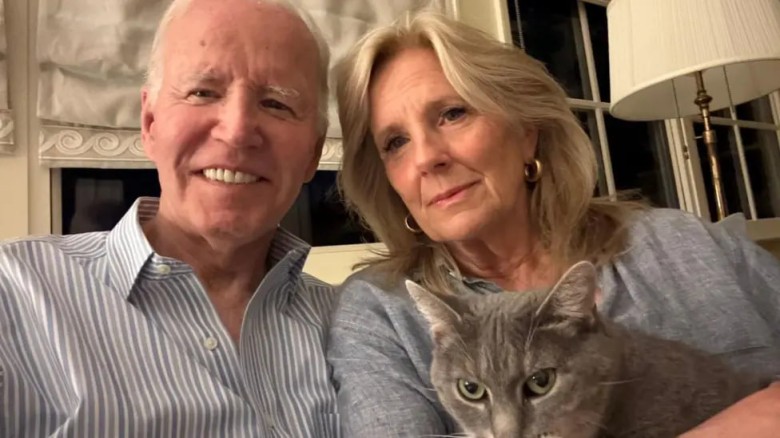
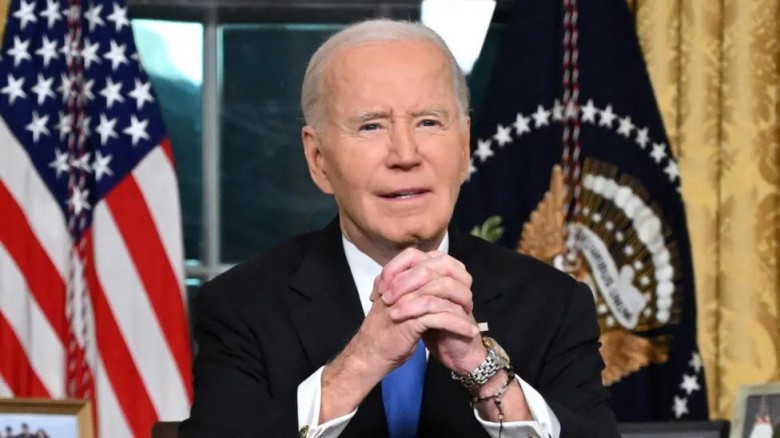
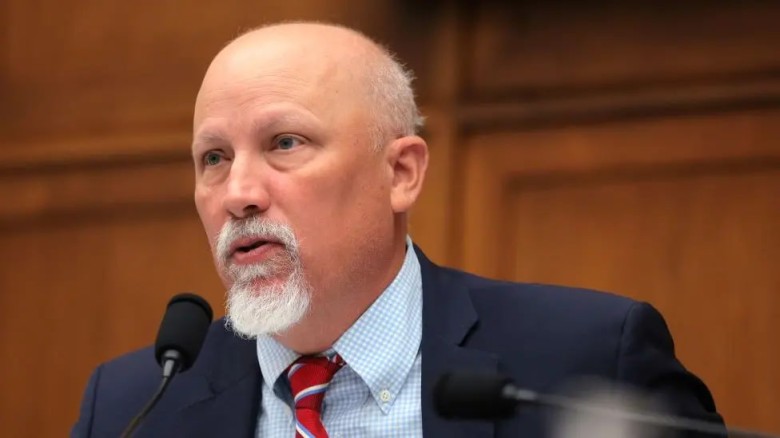
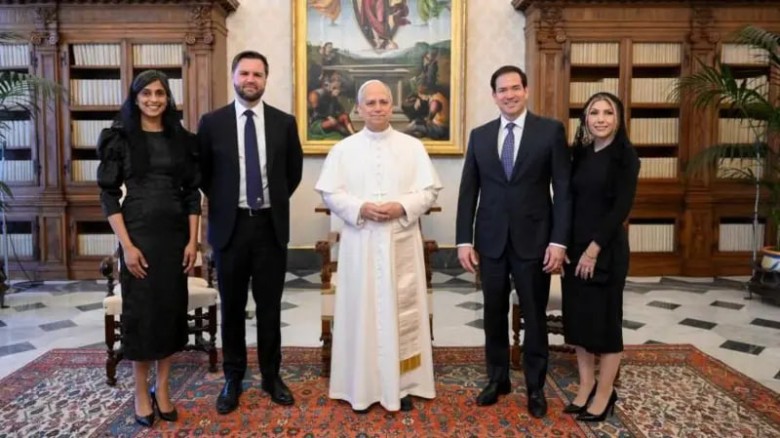


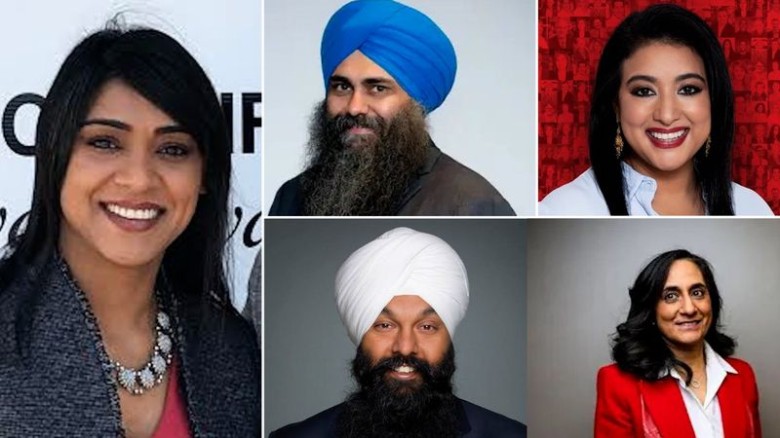

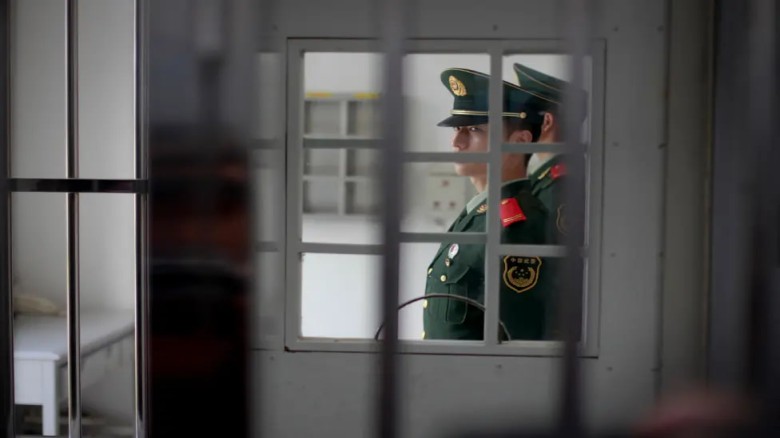



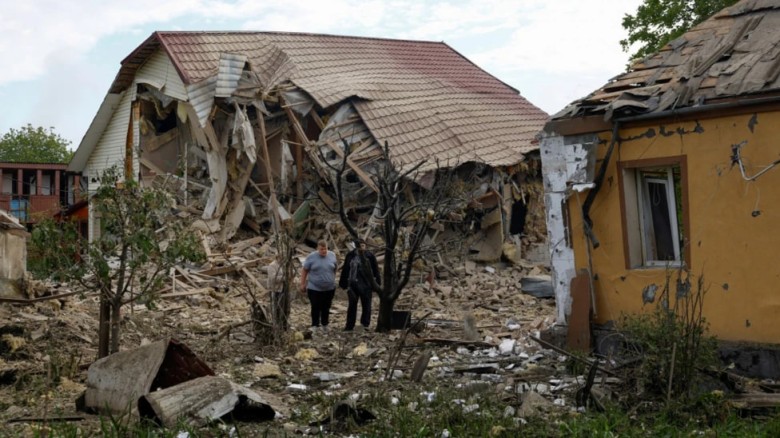
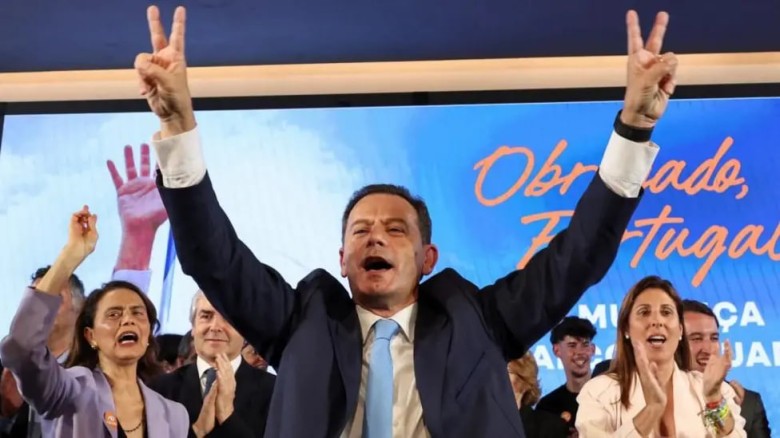
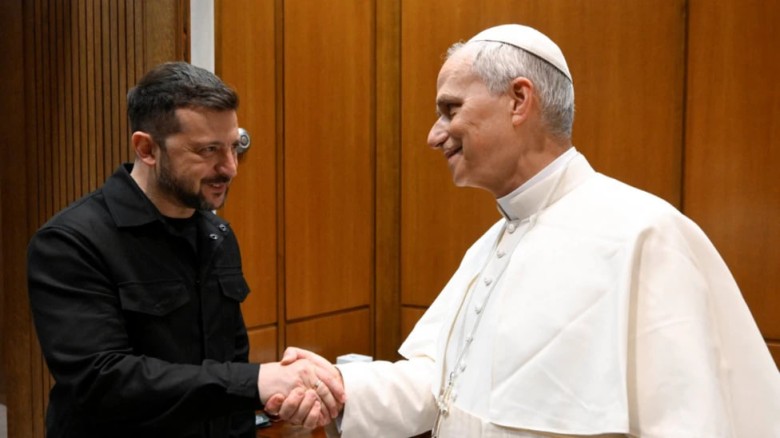
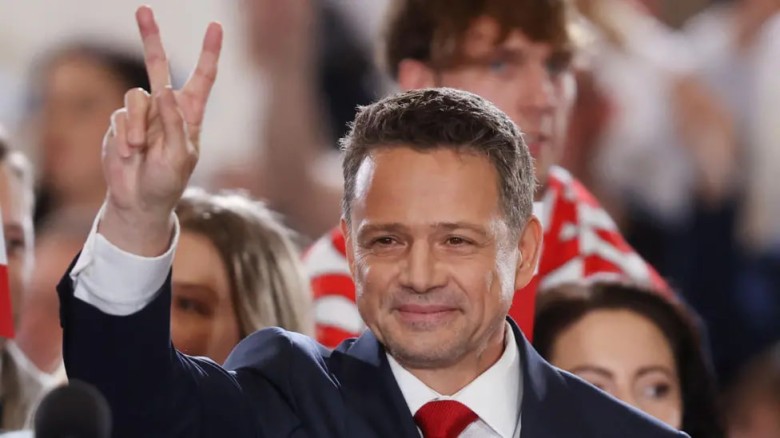

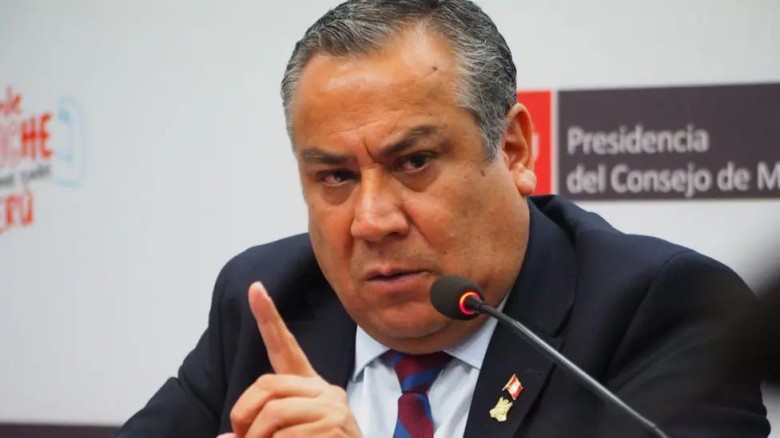

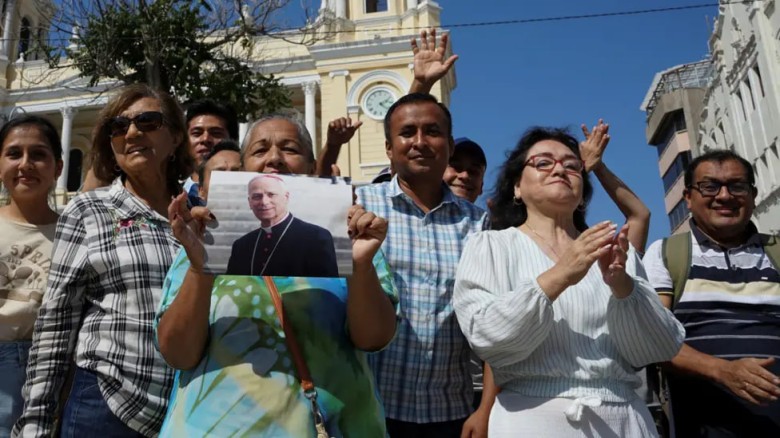











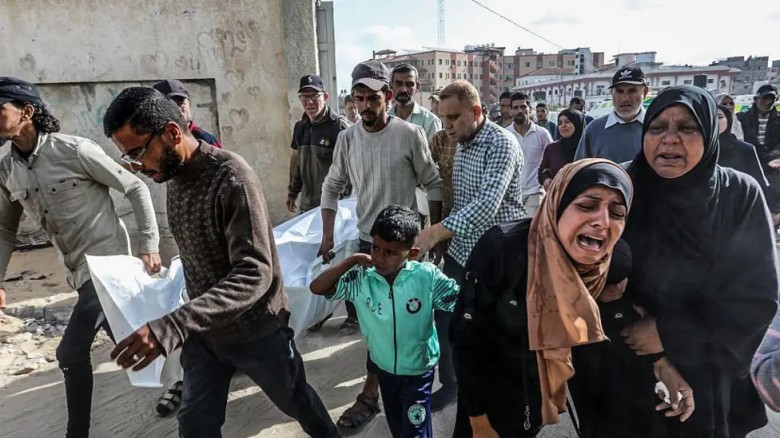








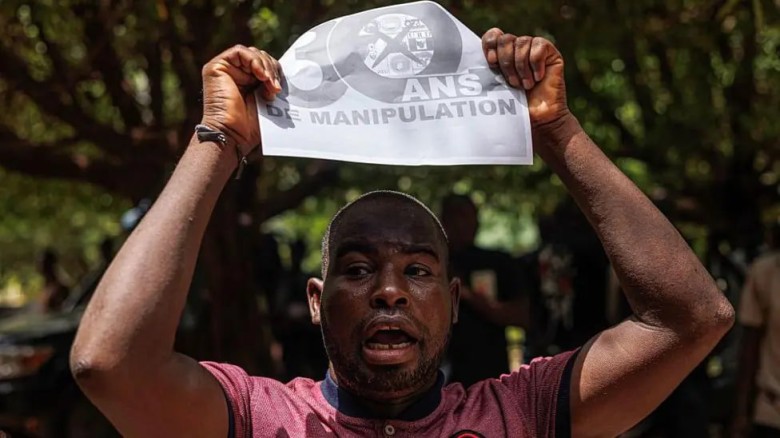




















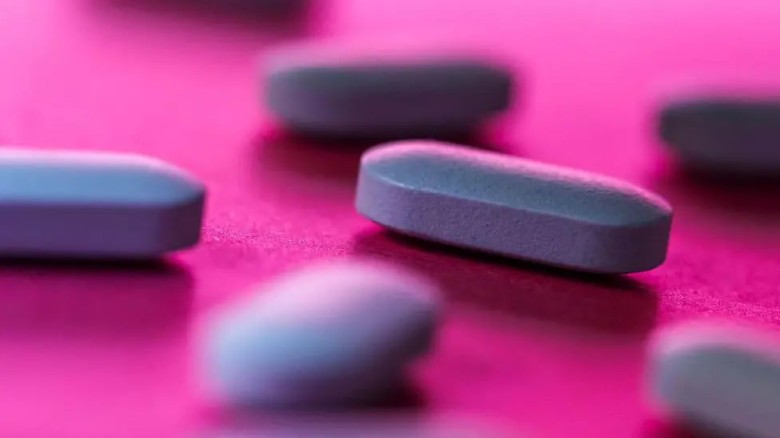


Leave A Comment